The discussion begins with the regulatory foundations of the euro area. This is important since the powers of the key players, the Eurogroup, the Euro Summit and the European Central Bank, are not widely known. The focus then shifts to consideration of legitimacy and democracy. While there has been considerable discussion of such matters in relation to the ECB, there is much less discourse concerning the Eurogroup and the Euro Summit.
The analysis thereafter examines fears that regulation of the euro area can have an impact on internal market issues more generally, and that this can be prejudicial to non-euro Member States. This concern is explored, and the measures that might be adopted to counter it are evaluated. The analysis includes discussion of the relevant aspects of the agreement reached between the UK and the other Heads of Government concerning the UK’s renegotiation of the terms of its membership of the EU (the Brexit debate). It should not, moreover, be forgotten that regulation of the euro area can be of very great importance for the states that do subscribe to the euro, and that such regulation can also have effect on more general internal market issues for such states. This issue is considered in the final section of the chapter.









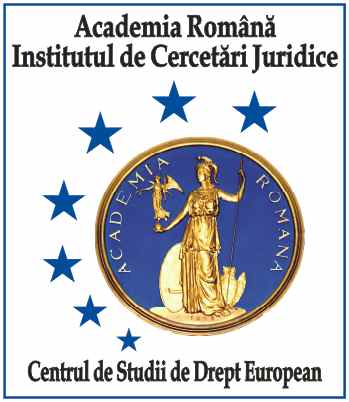
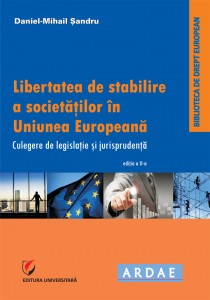
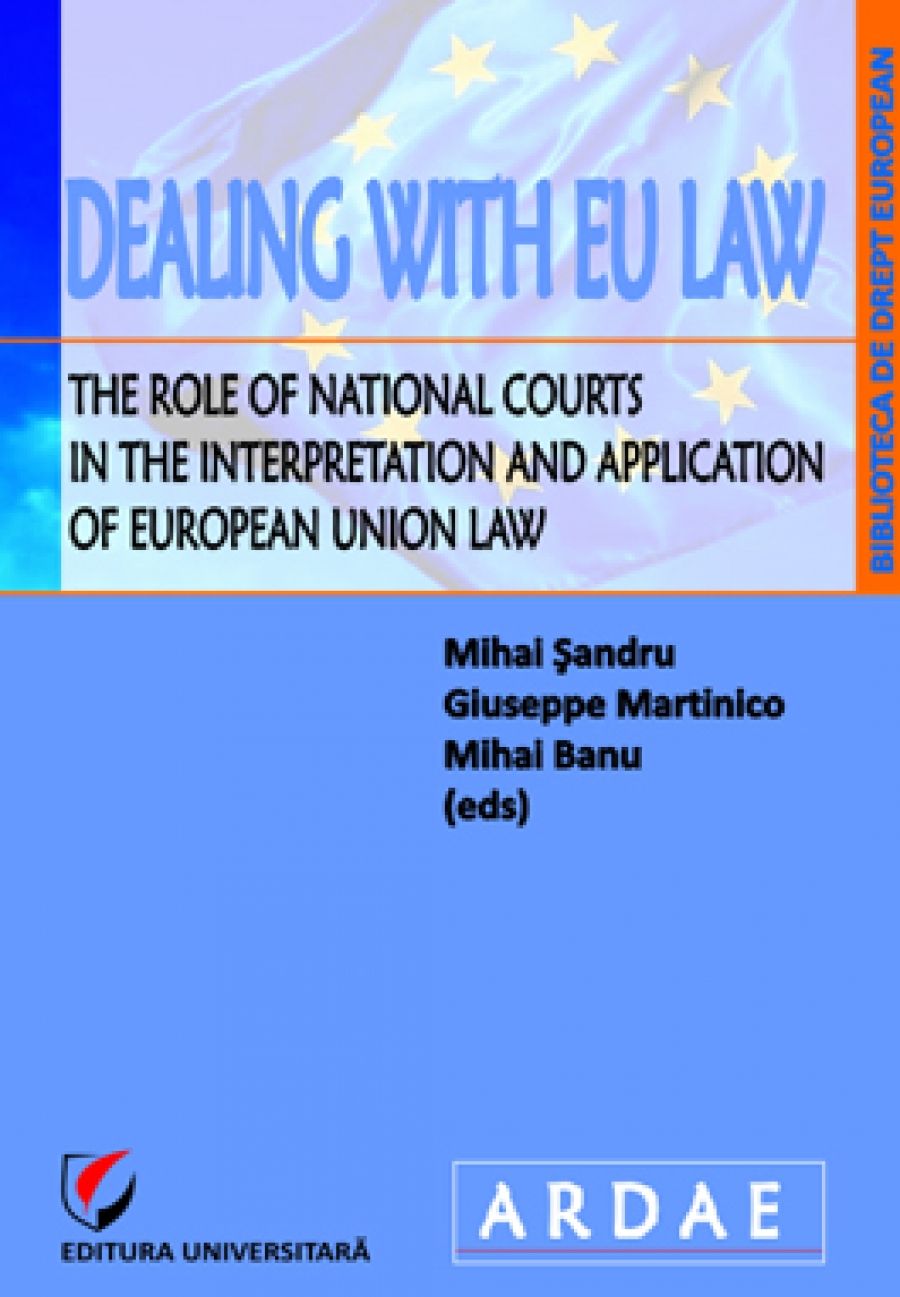


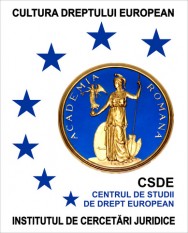


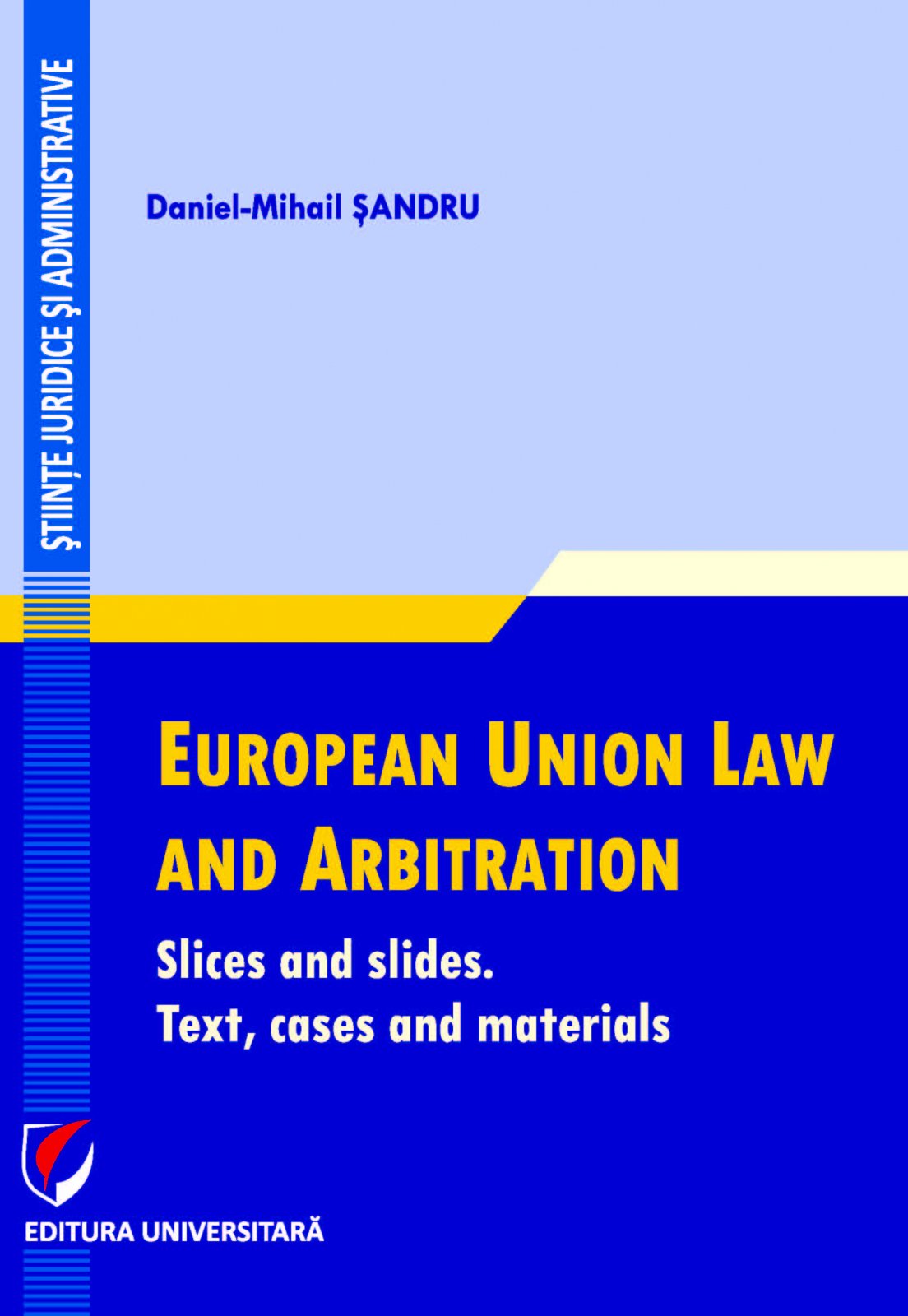


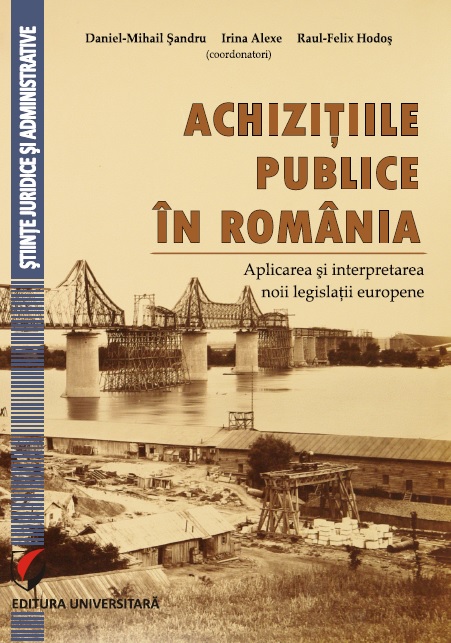











Lasă un comentariu